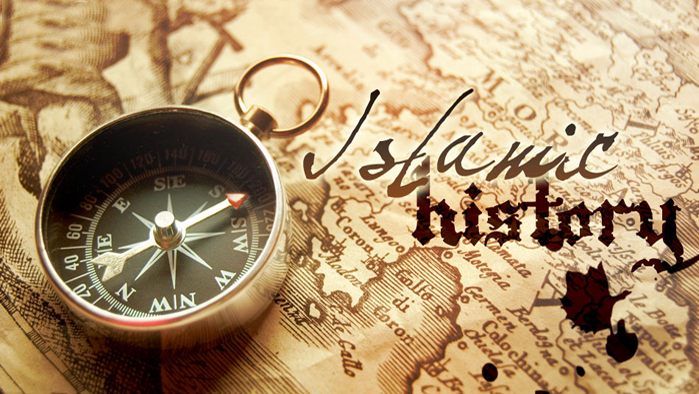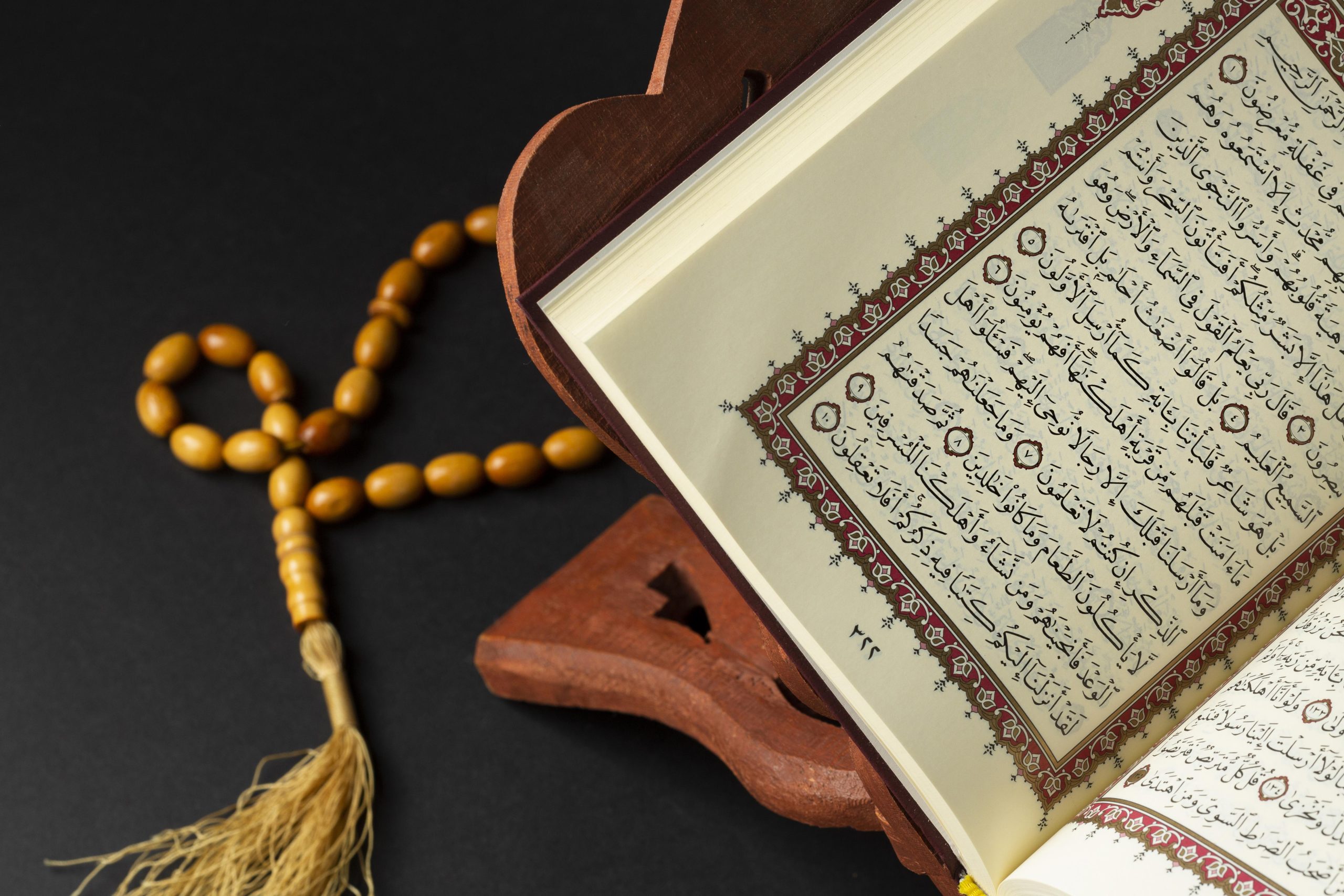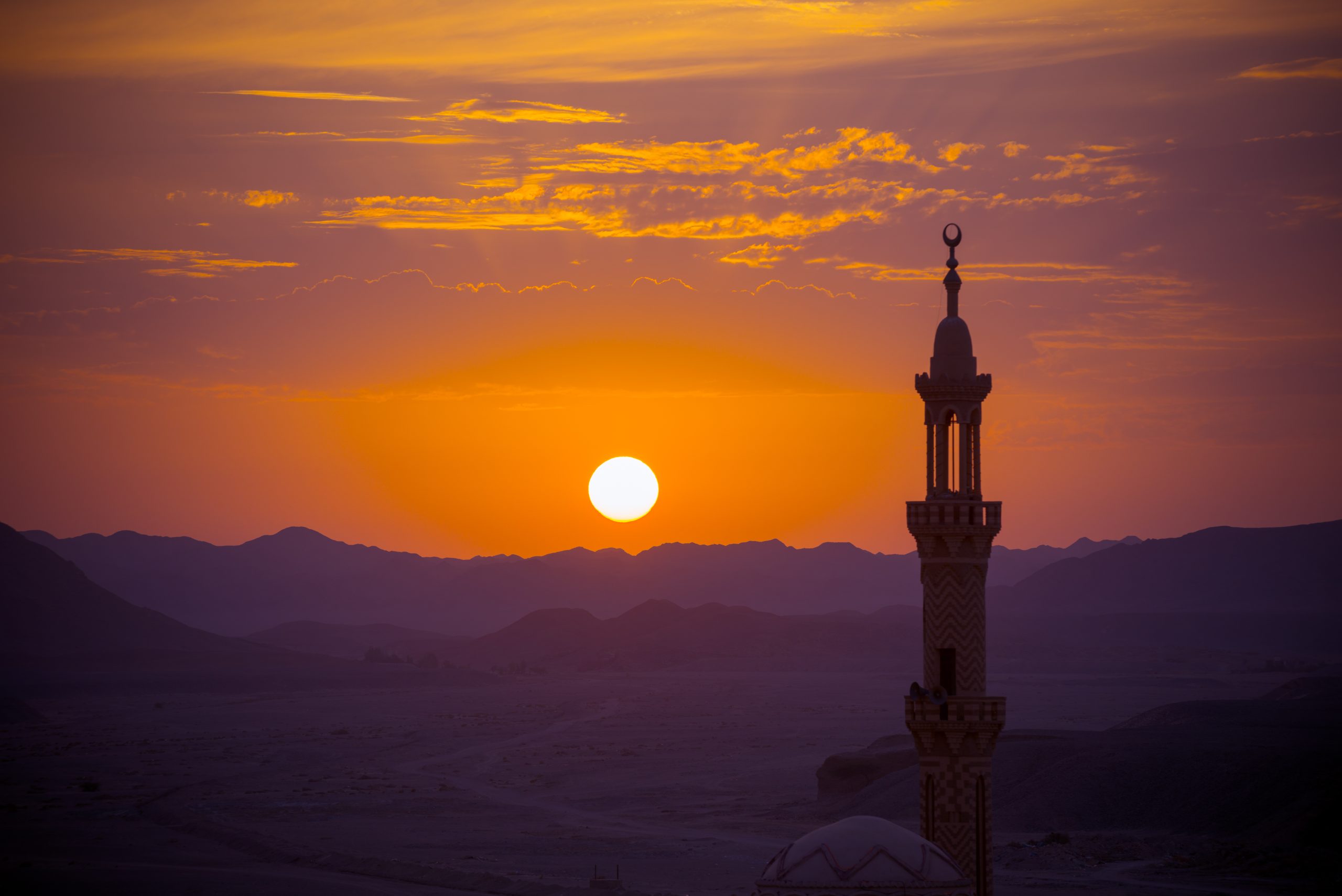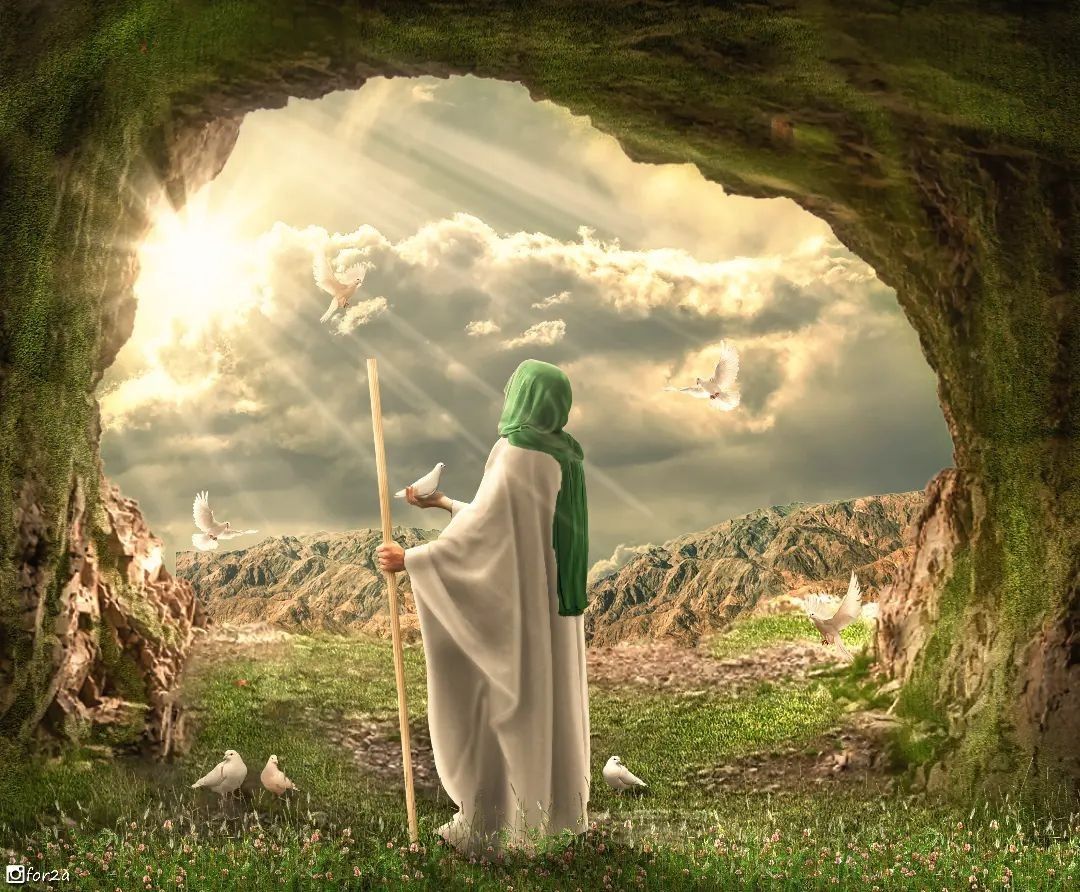Islamic history is a vast tapestry that spans centuries and continents, profoundly shaping the course of human civilization. Originating in 7th-century Arabia, Islam emerged as a transformative force under the guidance of the Prophet Muhammad (peace be upon him) and his early followers. The teachings of Islam emphasized monotheism, social justice, compassion, and ethical conduct, laying the foundation for a dynamic and inclusive Muslim community.
The early expansion of Islam saw the rapid spread of the faith beyond Arabia, establishing vibrant Muslim societies in regions such as the Levant, North Africa, Persia, and Central Asia. This expansion was facilitated by a combination of military conquests, trade networks, and peaceful conversions, fostering cultural exchange and blending diverse traditions under the banner of Islam.
The Abbasid and Umayyad Caliphates marked a Golden Age of Islamic civilization, characterized by flourishing centers of learning, scientific inquiry, and artistic expression. Cities like Baghdad, Cordoba, and Cairo became renowned hubs of intellectual activity, attracting scholars, scientists, poets, and artists from diverse backgrounds.
Muslim scholars made groundbreaking contributions to various fields, including mathematics, astronomy, medicine, philosophy, and literature. Figures like Ibn Sina (Avicenna), Al-Khwarizmi, Al-Razi, Ibn Rushd (Averroes), and Ibn al-Haytham laid the foundations for modern knowledge, influencing European Renaissance thinkers and shaping the trajectory of scientific and philosophical inquiry.
The spread of Islam into regions such as Spain (Al-Andalus), India, Southeast Asia, and West Africa facilitated cultural exchange, trade, and the development of vibrant Muslim societies. Islamic empires like the Abbasids, Ottomans, Safavids, and Mughals governed vast territories, fostering religious tolerance, economic prosperity, and artistic achievements.
The decline of Islamic empires in the face of European colonialism, the Industrial Revolution, and geopolitical shifts in the modern era posed challenges to the Muslim world. Movements for independence, political reform, and debates over religious and cultural identity reshaped the landscape of Muslim-majority regions, leading to diverse socio-political trajectories.
Despite challenges, Islamic values of justice, equality, compassion, and education continue to resonate within Muslim communities globally. The rich heritage of Islamic civilization, its contributions to human knowledge and progress, and its enduring impact on diverse cultures reaffirm Islam’s significance in the world’s history and its ongoing role in shaping the future trajectory of humanity.










